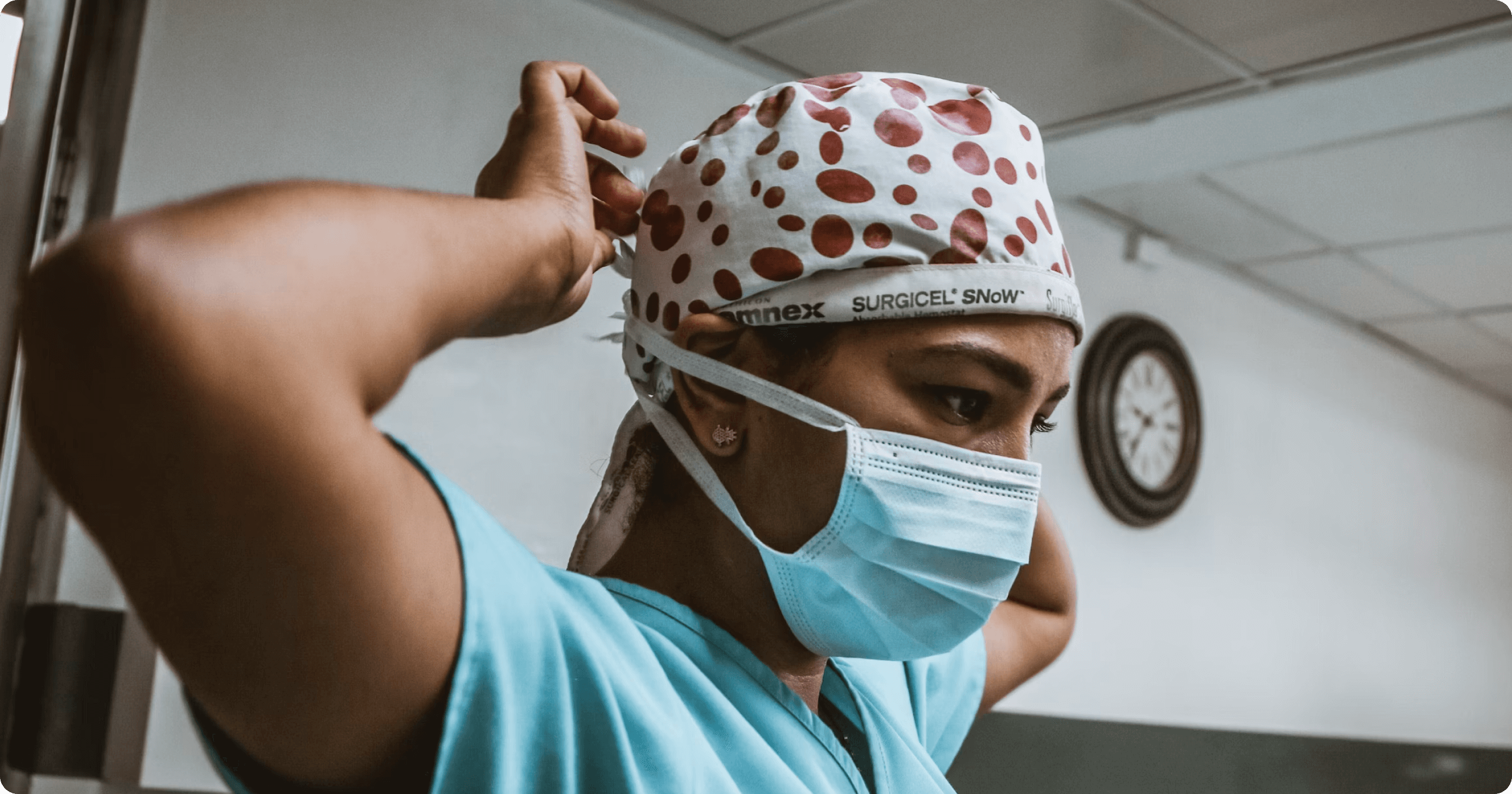Cardiothoracic surgery involves the surgical treatment of diseases affecting organs inside the thorax – generally conditions of the heart and lungs. Cardiothoracic surgeons also undertake training in the management of chest wall and oesophageal pathologies.
Overview
Cardiothoracic surgery trainees undertake a six-year Specialty Training programme (ST3 – ST8). During this period, you will be expected to spend some time in each of the six approved public cardiothoracic surgical units to acquire a rounded knowledge of the specialty. At a minimum, you will spend three years doing adult cardiac surgery; six months doing thoracic surgery; and six months in paediatric cardiothoracic surgery.
Currently, there are no sub-specialty divisions on the Irish Medical Council cardiothoracic register, however, in other jurisdictions, such as the UK, trainees can work towards sub-specialist recognition (i.e. congenital or thoracic). In Ireland, at present most consultant cardiothoracic surgeons have a specialist interest (adult cardiac, adult thoracic, congenital or transplantation) and they may practice across the sub-specialities. In recent years some consultants have been appointed into single sub-speciality clinical practice (i.e. thoracic surgery).
Training Body
CST (see General Surgery)
Core Surgical Training (CST) see General Surgery
In Surgery, initial training equivalent to BST is called Core Surgical Training (CST) of 2 years [known as ST1-ST2] which must completed before applying for HST in relevant Surgical Specialty of up to 6 years [known as ST3-ST8].
CST is included in the General Surgery page but also applies to the other surgical specialties.

Higher Specialist Training (HST)
Requirements
- Have completed a Medical Degree.
- Be eligible for inclusion on the Trainee Specialist Division of the Medical Council Register at the time of application.
- Certificate of Completion of Core Surgical Training – CST is a minimum duration of two years of structured Core or Basic training, post internship.
- Successful completion of MRCS part A&B/DOHNS Part B
- For non-Ireland, -UK, -Australia, -Canada, -New Zealand or -US: An IELTS certificate OR the Occupational English Test (OET).